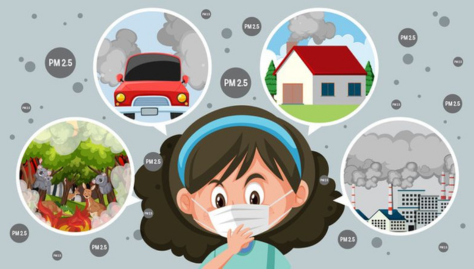Air pollution doesn’t just make the sky look hazy – it silently affects children’s health. Protecting kids from air pollution is crucial because their growing bodies are more vulnerable to the harmful effects of polluted air. Their bodies are still growing, their lungs are more sensitive, and they breathe faster than adults. This means more harmful particles enter their tiny bodies, making them more vulnerable to coughs, asthma, fatigue, and even long-term lung problems. The Junior Age has a guide on how parents can keep children safe and healthy when the air quality isn’t great.
Here’s How You Can Protect Kids from Air Pollution:
Monitor Air Quality Daily
It’s important to check the Air Quality Index (AQI) in your area regularly using apps or websites that provide real-time pollution data. When pollution levels are high, plan to keep kids indoors or limit their outdoor activities. Avoiding vigorous exercise outside on such days helps reduce the amount of polluted air they breathe in.
Quick tip: Use trusted apps like SAFAR, Plume Labs, or AQI India for real-time updates!
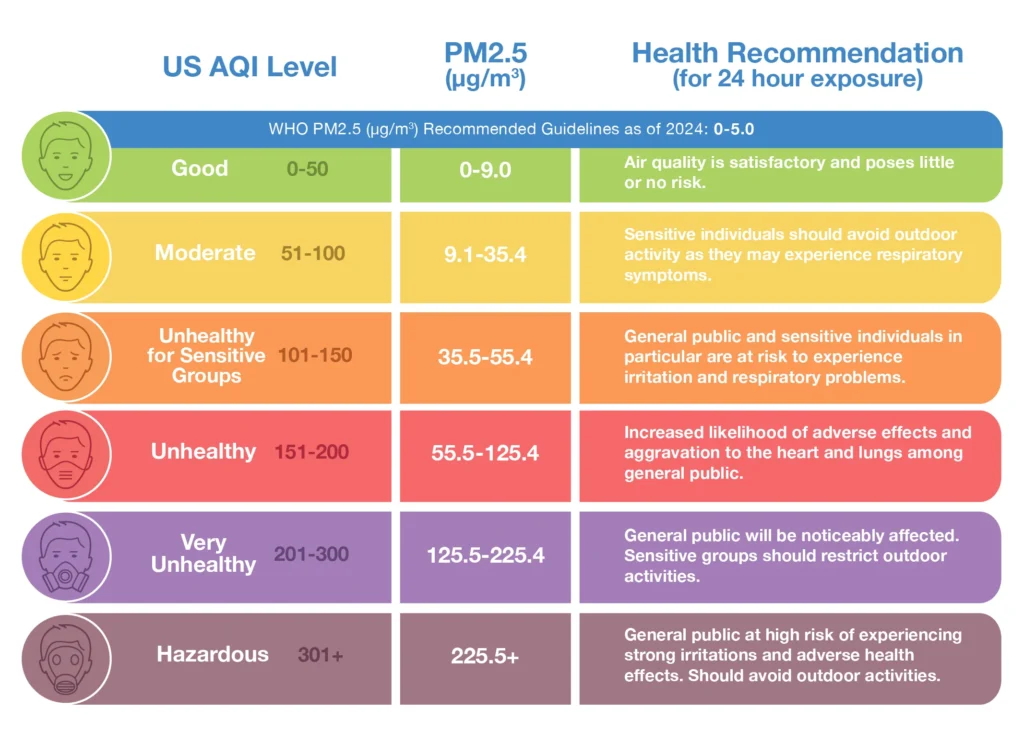
Limit Outdoor Time on Polluted Days
On days when air pollution is at unhealthy levels, try to keep children indoors as much as possible. If they do go outside, choose times when pollution tends to be lower, like early morning or after sunset. Avoid areas close to busy roads or industrial zones where pollution is more concentrated.
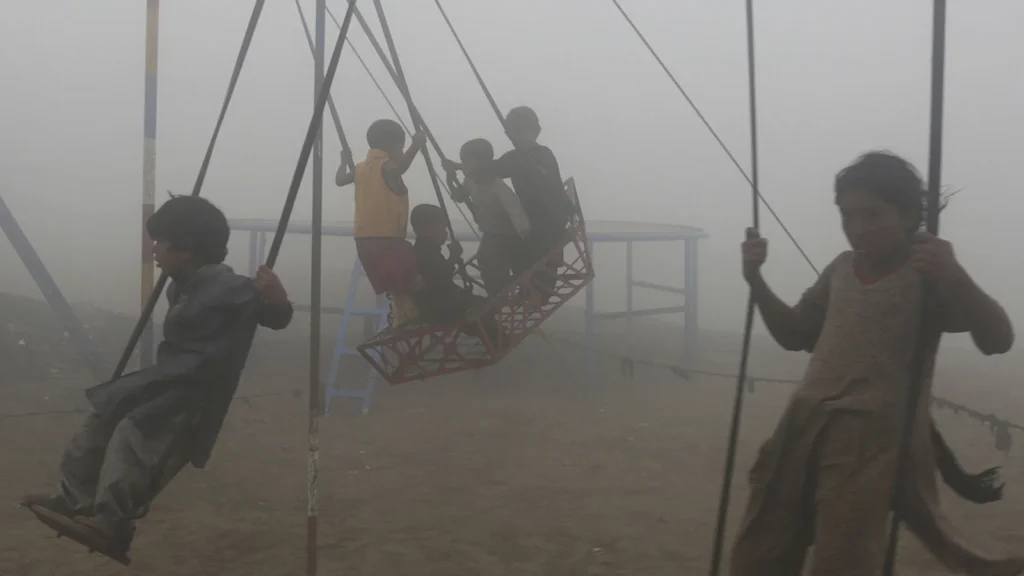
Improve Indoor Air Quality
Since indoor air can also have pollutants, use air purifiers to reduce harmful particles, especially in children’s bedrooms or play areas. Add indoor air-cleaning plants like spider plants and peace lilies. Keep windows closed on high pollution days and ventilate your home properly when outdoor air quality improves. Avoid burning incense sticks, candles, or using aerosol sprays as they can worsen air quality.
Here’s the thing: Cleaner indoor air means fewer colds, allergies, and faster recovery time.
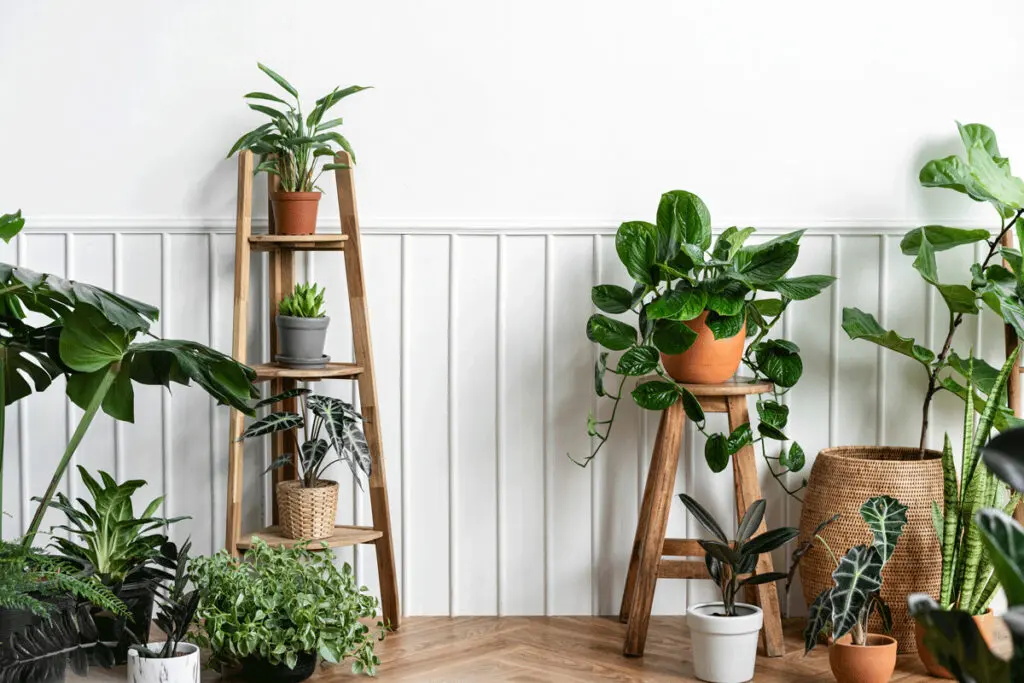
Use Protective Masks While Air Pollution
For children over the age of two, kid-friendly N95 masks can significantly reduce inhalation of harmful fine particles (PM2.5). Make sure masks fit well and are comfortable so kids will keep them on. Masks can be especially helpful during pollution spikes, wildfires, or near heavily trafficked areas.
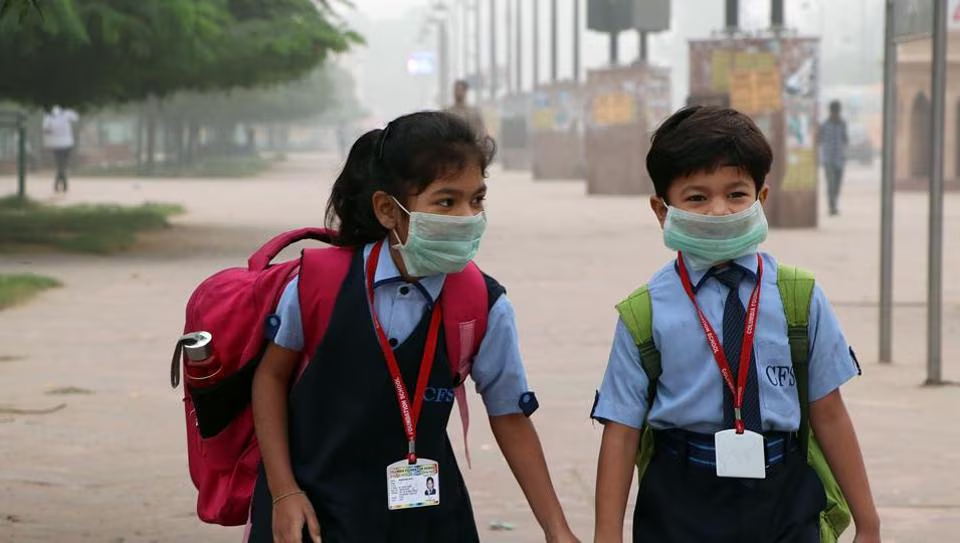
Encourage Healthy Habits To Improve Immunity During Air Pollution
Teach kids to avoid smoky places and areas with heavy vehicle traffic. Eating a diet rich in antioxidants from fruits and vegetables can help their body fight the effects of pollution. Include fruits that are rich in vitamin C, like oranges, guava, or amla. Include nuts, seeds, and leafy vegetables. Moreover, keeping respiratory vaccinations up-to-date strengthens their defence against pollution-related illnesses.

Be Prepared and Informed
Parents should learn to recognise symptoms of pollution exposure in children, like coughing, wheezing, or difficulty breathing and seek medical advice early. Regular health check-ups help track any potential impact of air pollution on their respiratory health.
You may not control the air outside, but you can control what reaches your child. Being aware of air quality, teaching healthy habits, and making simple changes at home can protect your little one from big trouble.
Subscribe to The Junior Age newspaper here! Also, get your hands on the informative flashcards that make learning fun and easy!

